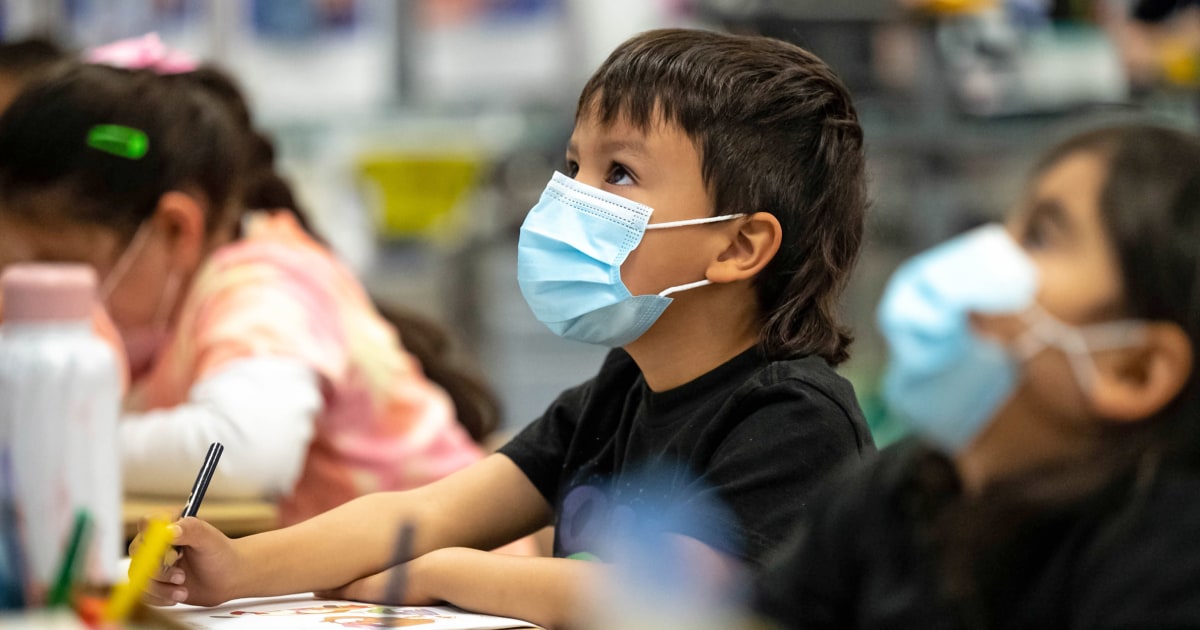
More than half of people in the United States had antibodies for Covid-19 by the end of February, according to a new study from the Centers for Disease Control and Prevention.
Children and teens were hit especially hard by the omicron variant through the winter, with antibodies detected in three-quarters of the largely unvaccinated population.
In the study, the CDC examined blood samples taken from all age groups, testing for specific antibodies that develop only after Covid infection.
“This study was only looking at the presence of antibodies from prior infection and did not detect antibodies from prior vaccination or boosting,” Dr. Kristie Clarke, a medical epidemiologist at the CDC focused on pediatric health, said at a briefing Tuesday. Clarke is the lead author of the new report.
Full coverage of the Covid-19 pandemic
No age group was spared from the omicron variant, which started barreling across the country in December; detection of antibodies rose in all groups, the report found. Overall, antibodies in the general population rose from 33.5 percent in December to 57.7 percent in February.
Dr. Rochelle Walensky, the CDC’s director, said this should not be interpreted to mean that antibodies from prior infection equal adequate protection against future illness.
“We don’t know whether that protection has waned. We don’t know as much about that level of protection than we do about the protection we get from both vaccines and boosters,” Walensky said, adding that the agency still encourages those with detectable antibodies from prior infection to get vaccinated.
How many children have had Covid?
The increase in Covid was most significant in kids: from 44.2 percent in December to 75.2 percent in February among children ages 11 and younger, the CDC report found. The percentages were almost identical for kids ages 12 to 17.
The findings reflect record numbers of Covid cases among kids reported during the omicron surge. In January, the American Academy of Pediatrics reported a spike in kids hospitalized with Covid.
“We continue to believe that those who are vaccinated, and especially those who are boosted, continue to have strong protection against severe disease,” Walensky said during the briefing.
New infections continue to target kids. On Monday, the American Academy of Pediatrics said new cases of pediatric Covid have increased by 43 percent over the past two weeks.
Just 35 percent of children ages 5 to 11 have received at least one dose of a Covid vaccine, according to the CDC. Tuesday, Pfizer submitted an application to the Food and Drug Administration to authorize a booster shot in this age group.
About 68 percent of people ages 12 to 17 have had at least their first shot.
“As a pediatrician and a parent, I would absolutely continue to endorse that children get vaccinated even if they have been previously infected,” Clarke said.
Does the CDC still recommend masks?
Overall, daily Covid cases in the U.S. have increased by about a quarter over the past week, Walensky said Tuesday, acknowledging that many cases may be missed because so many people are using rapid at-home tests. Hospitalizations in the U.S. are rising slowly, an increase of about 9 percent over the prior week, although they are still low compared to the winter omicron surge, Walensky said.
“This is something that we need to watch carefully,” she said. “We are looking at not just the hospitalizations, but the character of those hospitalizations. We’re seeing less oxygen use in ICU stays, and we haven’t, fortunately, seen any increase in deaths.”
“We are hopeful that positive trends will continue,” Walensky said.
Despite the recent ruling from a federal judge striking down a mask mandate on planes, trains and other transit systems, Walensky said during the briefing that the CDC still recommends the use of masks in crowded indoor settings, including on public transportation.
Before the mask mandate for transportation was struck down, the CDC was expected to re-evaluate its guidance on May 3.
“We know that when people wear a well-fitting mask over their nose or mouth, and when they wear a respirator, that they protect themselves, and they protect those around them,” Walensky said.
“The CDC continues to recommend that people wear masks in all public indoor transportation settings,” she said.
Follow NBC HEALTH on Twitter & Facebook.

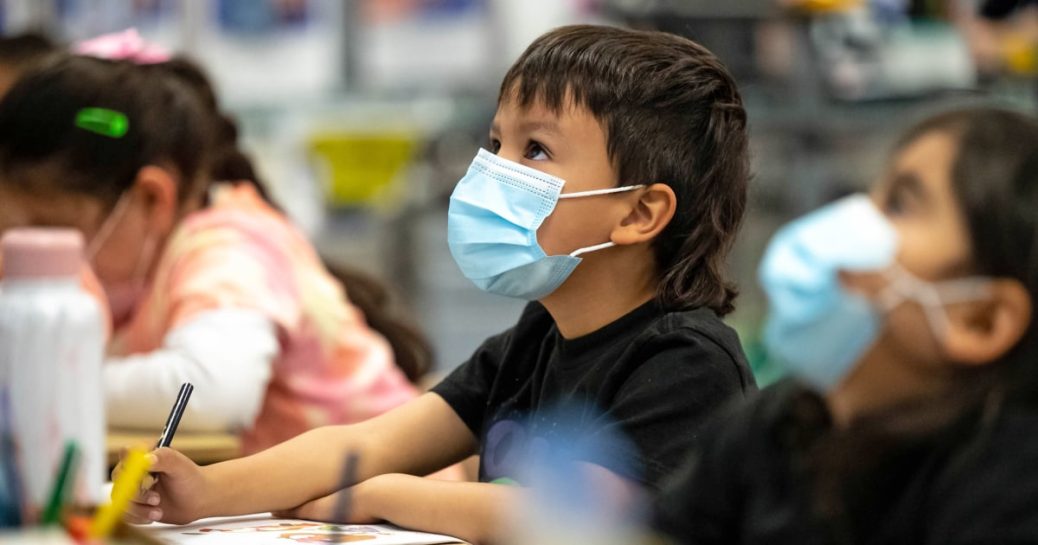

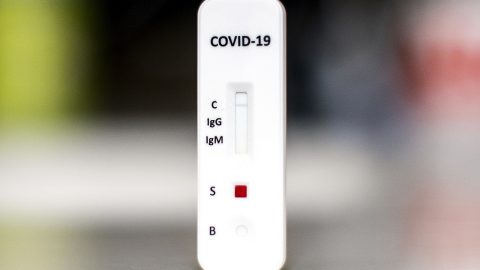
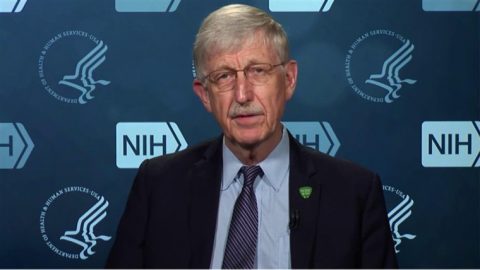
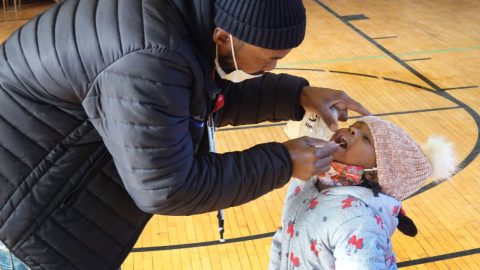
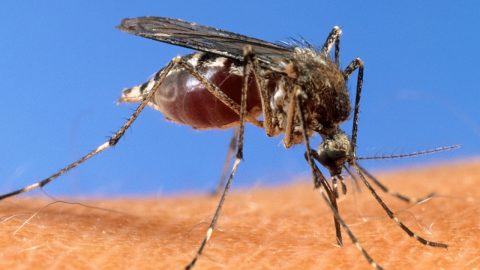
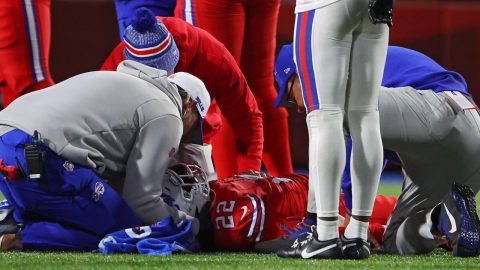
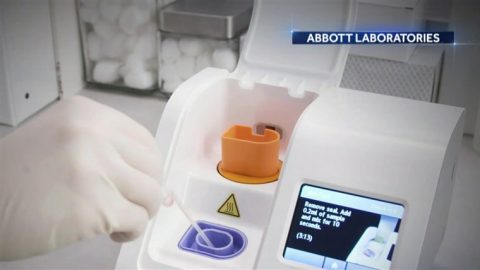

Recent Comments